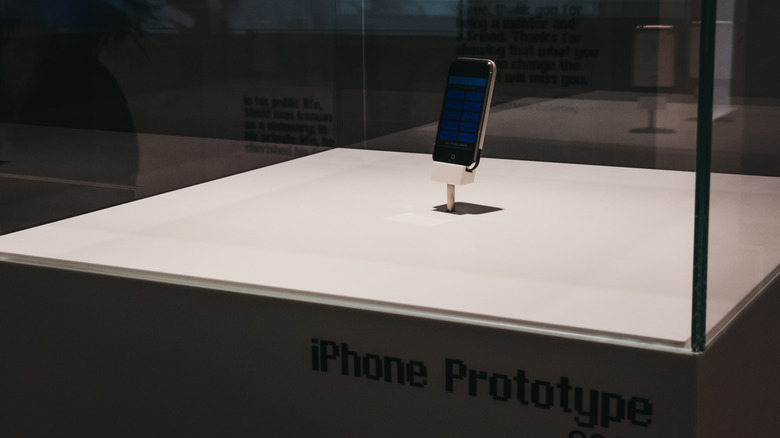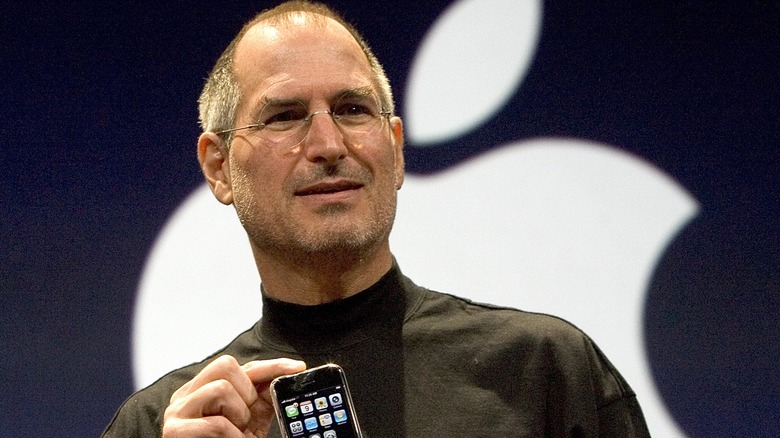Why Do Original iPhones Keep Selling For So Much Money?
Apple has never been coy about the price of the iPhone. The company's flagship smartphone has always been a luxury item, with the top of the iPhone product line routinely setting the pace (and price) for high-end smartphones across the market. That's fundamental to the iPhone mystique: it's a trendsetter, the apex of form and function in the field. For Apple fans, it's worth $1,000 or moreto own a piece of the future.
But over $63,000? Even Apple diehards might call that excessive.
Unsurprisingly, that price point isn't exactly retail. Rather, it's what LCG Auctions brought in with its February 2023 sale of a sealed, first-generation iPhone. RR Auctions did almost as well in an auction ending March 16, clearing almost $55,000.
Why? It's not as though an original iPhone works with the modern Apple ecosystem. When a retail customer pays $1,100 for an iPhone 14 Pro, they're buying a top-line digital tool. When an auction customer buys a sealed iPhone 1, they're getting an expensive paperweight. What's the appeal?
The answer has to do with the history of technology and what the iPhone has meant to the marketplace as a whole.
From machine to myth
Ultimately, high-priced sales that value technology based on age and historical impact rather than functionality after purchase come down to a single word: "antique." Auction houses and other resellers have reassessed old technology closer to the way car collectors value cars and art aficionados appraise artwork, setting prices based on age and historical significance rather than practical utility to the end user.
In short, when the Henry Ford Museum spent almost a million dollars on an antique Apple 1 computer, it wasn't planning to run "Doom" on it. The museum was delivering on its promise to visitors: "Experience the strides of America's greatest minds while fully immersing yourself in their stories." The Apple 1 was no longer a tool — it was an artifact.
As time goes on, and the collector's market evolves, more and more technology will pass the invisible line between "obsolete tool" and "priceless piece of history." How buyers and tastemakers will locate that line remains to be seen. All we know is that the first-generation iPhone is officially part of posterity.

